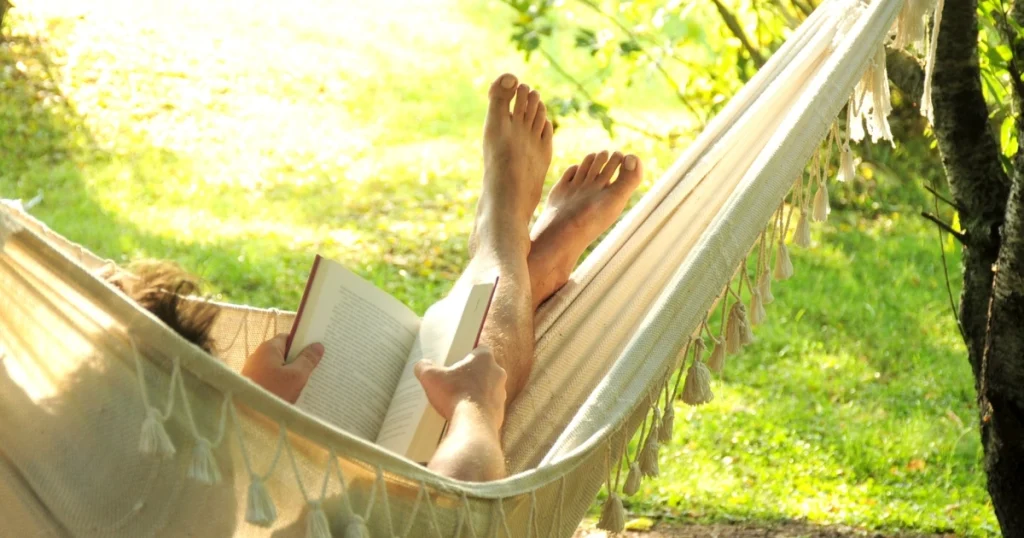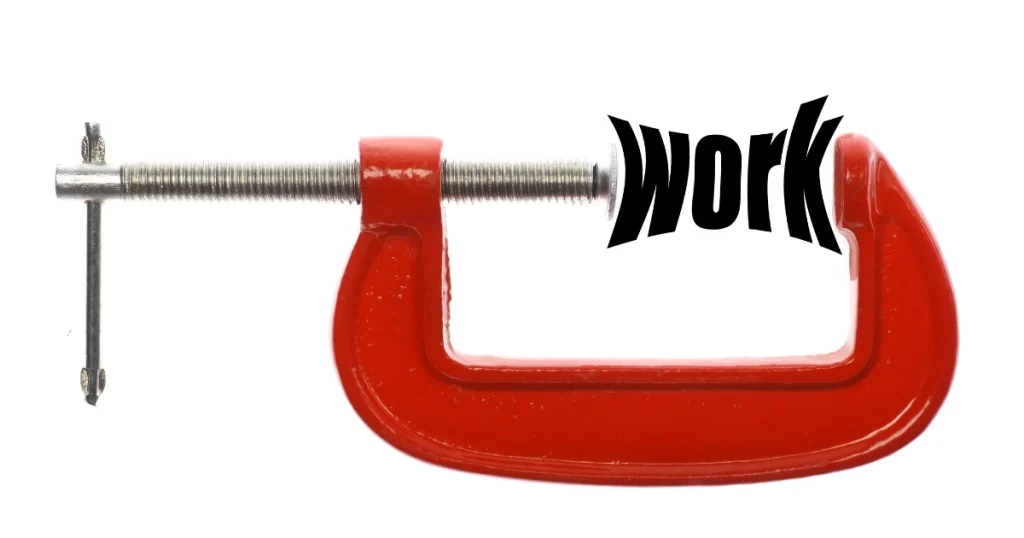In this busy world we live in, it’s possible to feel like we’re always racing against time. Deadlines are looming, reminders are blaring into our notification screens constantly, and the urge to keep going can be suffocating. But in the midst of this chaos, have you ever stopped to think that slowing down and allowing rest could actually be the answer to embracing yourself fully and living a more harmonious life?
In this recent video we watched, it provided some valuable insights on the importance of rest and why it is often more beneficial to just stop and smell the roses. The video serves as a gentle reminder that sometimes, the best thing we can do for ourselves is to simply rest. It emphasizes that rest is not a luxury but a necessity, especially when we feel overwhelmed or exhausted. Other than that, let us detail how and why this is so.

Contents
Rest: The unsung hero of well-being
Resting is not just about lounging on the couch or sleeping in, but rather a necessary component of our physical and mental health. When we rest, we are giving our body and mind the opportunity to heal and restore themselves. This period of rest is critical to fix muscles, immune systems, and overall energy. It is also a period where our mind can unwind and regulate itself more since we aren’t using up tons of energy moving around and thinking a lot.
Rest is just as crucial mentally and emotionally. Chronic lack of rest can result in increased stress, anxiety, and even depression. By prioritizing rest, we give our minds time to process emotions, consolidate memories, and remain mentally sharp. It is during rest that we can be in touch with ourselves, enabling us to become more in touch with our needs and desires.

Work less, achieve more
It might seem illogical, but we might be more productive if we took regular breaks. While we exert ourselves day and night, we lose focus, and the quality of our work suffers. Think of it as if we are climbing a mountain, not knowing where the top is. At first, we reach what we think is the peak and celebrate prematurely until we see that there is still so much more of the mountain to climb. Frustrated, we trudged forward without rest and continued to climb to the higher peak. We reach it, thinking once again we have made it to the top, only to see the true size of the mountain. We could have rested in a comfortable tent, but now we are stuck, stranded up a mountain, and suffering from frostbite.
Regular breaks allow us to come at things again with fresh energy and better focus. It makes us more effective and even innovative, as most of the time, our minds come up with ingenious ways to tackle the problem when we are not actively thinking about it. Frequent breaks also allow us to prevent making costly mistakes that could otherwise cause irreparable damage to our work or even to ourselves.

Rest and decision-making
A fatigued mind is a clouded mind. When we are exhausted, our ability to make sound decisions is compromised, leading to impulsive choices or poor judgment. Rest sharpens our cognitive functions, allowing us to approach problems with clarity and reason. Taking time to step away from a tough decision and allowing our minds to recharge often leads to better, more thoughtful outcomes. This is why successful individuals often emphasize the importance of rest as a key part of their daily routines.

Physical recovery and long-term success
No matter how driven we are, our bodies have limits. Overworking without proper rest can lead to burnout, illness, and even long-term health complications. Athletes, for example, understand that recovery is just as crucial as training. Without rest, the body cannot repair itself and grow stronger. The same principle applies to our daily lives. When we give ourselves time to rest , we can sustain progress without compromising our well-being.

Building rest into your routine
Embracing rest doesn’t mean changing your life in a big way. Start by adding small, conscious pauses to your day:
- Micro-Breaks: Stretch, take a few deep breaths, or simply stand up from your computer for a few minutes every hour.
- Mindful Moments: Engage in calming activities such as meditation, reading, or spending time outdoors.
- Unplug: Establish technology-free time intervals, especially at night, to reduce sensory overload and promote sleep quality.
- In the evening, it is vital to create a wind-down routine, whether it’s dimming the lights, journaling, or enjoying a warm drink before bed. These simple rituals signal to your body that it’s time to slow down and allow yourself to rest.
- Reevaluate your schedule and see where you can set firmer boundaries. Saying no to unnecessary obligations or delegating tasks can help prevent burnout and free up time for restorative activities. Setting aside 10 to 15 minutes of downtime each day can make a noticeable difference in your well-being and mental health.
Another great way to integrate rest is through movement-based relaxation. Activities like yoga, slow walks, or even gentle stretching can be forms of active rest, giving both your mind and body a chance to recharge. The key is to find moments of pause that feel natural and fulfilling rather than forced.
By incorporating these peaceful moments into life, we live a more balanced life, allowing us to be where we are and fully present in all that life has to offer.
Closing thoughts
Resting isn’t merely a physical action but an act of deep self-compassion. By accepting our need for rest, we are accepting our humanity and not thinking that our value is determined by our productivity. This acceptance of ourselves allows us to accept our true selves, free from the compulsion to do more. Rest is a mighty ally in the quest of personal growth and self-discovery that assists us by slowing down, introspecting, and tuning into our internal universe.
When we stop hurrying through life and allow ourselves to rest, we become receptive to a more genuine and purposeful life. The next time you have to plow through, keep this in mind: stepping back to rest may be the best thing you can do. It is much better than getting burned out, after all.
Enjoyed this post? You might also like these:
If you want to support this blog, you can do so by donating via Ko-fi. Just click the button below and it will redirect you to my Ko-fi page.
Thank you so much for being here—it truly means a lot. Your support helps keep this space going. 💛
